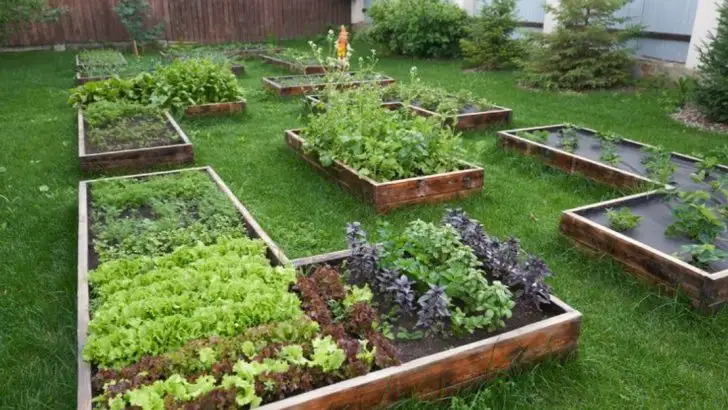Growing your own vegetables without chemicals is not only healthier but also better for the environment. By using natural methods to enrich soil, control pests, and boost plant growth, you can cultivate a thriving, chemical-free garden. Whether you’re a beginner or an experienced gardener, these time-tested techniques will help you produce fresh, flavorful, and organic harvests. In this article, we share 16 organic gardening tricks to help you grow vibrant, pesticide-free veggies while keeping your garden in harmony with nature.
Companion Planting
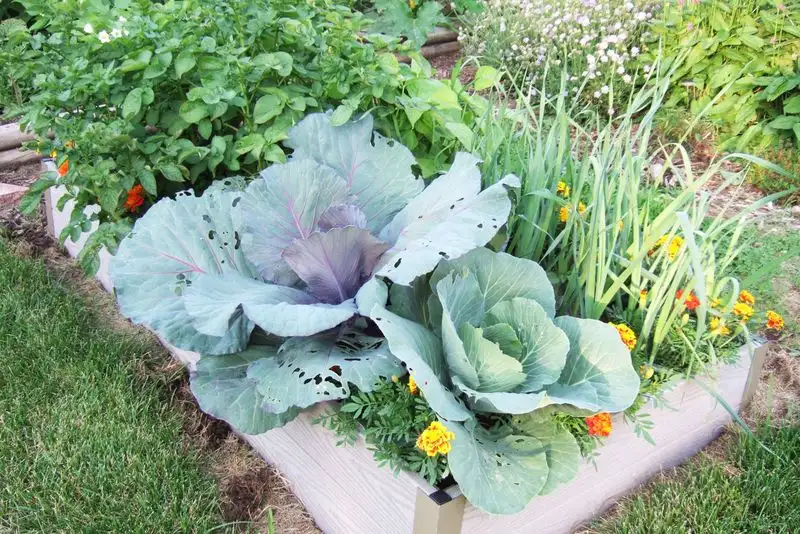
Planting specific combinations of vegetables or herbs can naturally deter pests and encourage growth. For example, marigolds are excellent companions for tomatoes, as they repel nematodes in the soil. Similarly, basil enhances the flavor of tomatoes while warding off flies and mosquitoes. This technique not only saves space but also creates a resilient garden ecosystem. By strategically pairing plants, you can naturally protect your garden without resorting to chemical pest control solutions. Learning the right combinations can turn your garden into a harmonious space where plants support each other.
Crop Rotation
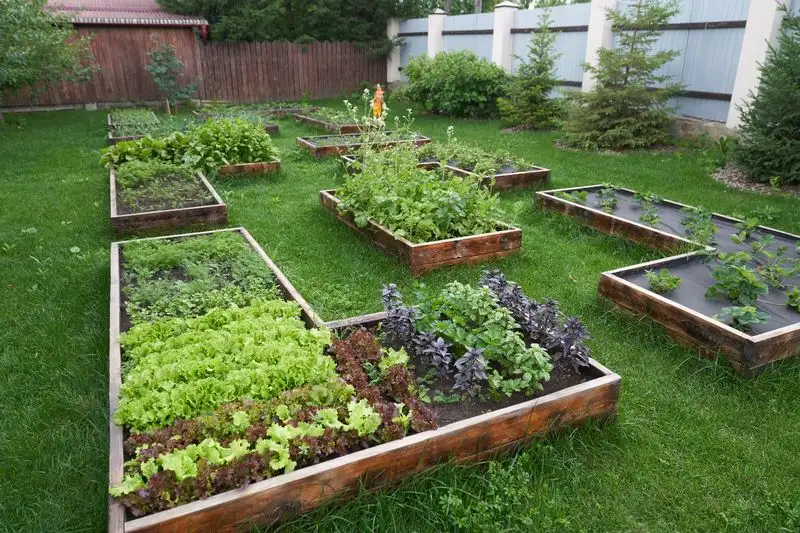
Rotating crops annually prevents soil depletion and disrupts pest and disease cycles. For instance, avoid planting tomatoes in the same spot for consecutive years to reduce soil-borne diseases. Alternate with legumes, which enrich the soil with nitrogen, improving fertility for future vegetable growth. By changing crop locations yearly, you maintain soil health and enhance plant vitality. This traditional farming practice is as relevant today as ever, providing a balanced environment for vegetables. Effective crop rotation leads to a thriving garden and a sustainable harvest.
Organic Mulching
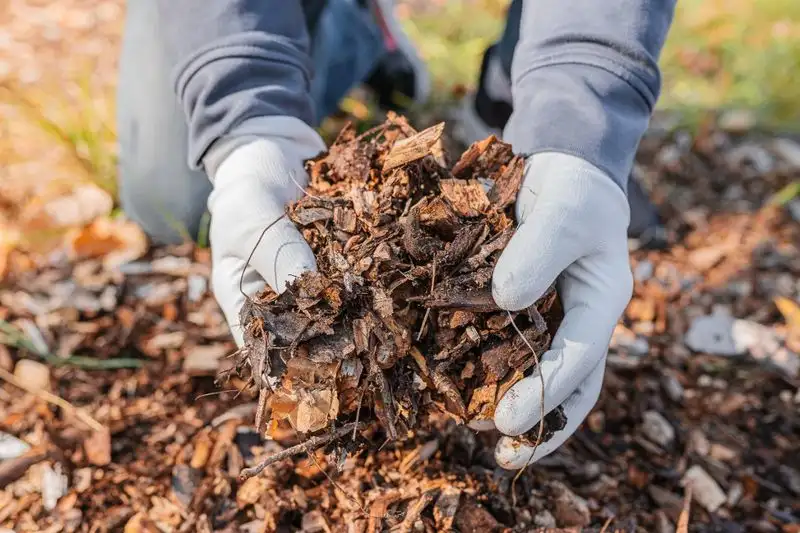
Organic mulching involves using natural materials like straw, wood chips, or leaves to cover the soil. This practice conserves moisture, suppresses weeds, and enhances soil quality. Mulch acts as an insulating layer, keeping roots cool in summer and warm in winter. As it decomposes, it enriches the soil with essential nutrients, promoting healthy plant growth. By minimizing weed growth, mulching reduces competition for resources, allowing vegetables to thrive. A simple yet effective way to maintain garden vitality, mulching is a cornerstone of organic gardening.
Composting
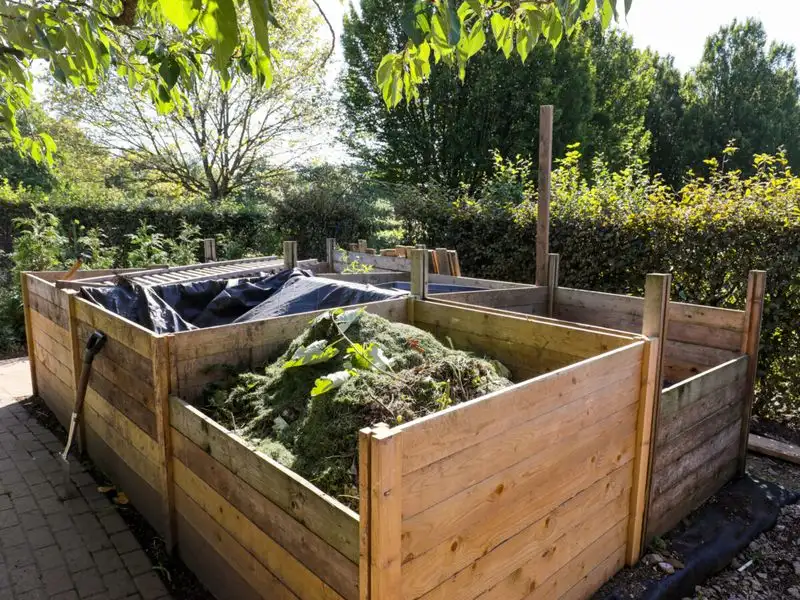
Transform kitchen scraps and garden waste into nutrient-rich compost. This organic matter enriches the soil, enhancing its texture and fertility. Composting reduces the need for chemical fertilizers, providing a slow-release source of nutrients. By recycling waste, you not only nourish your garden but also contribute to environmental sustainability. Properly managed compost piles can produce rich, dark humus that dramatically improves plant growth. Whether using a bin or a simple heap, composting is an accessible way to boost your garden’s productivity.
Natural Pest Control
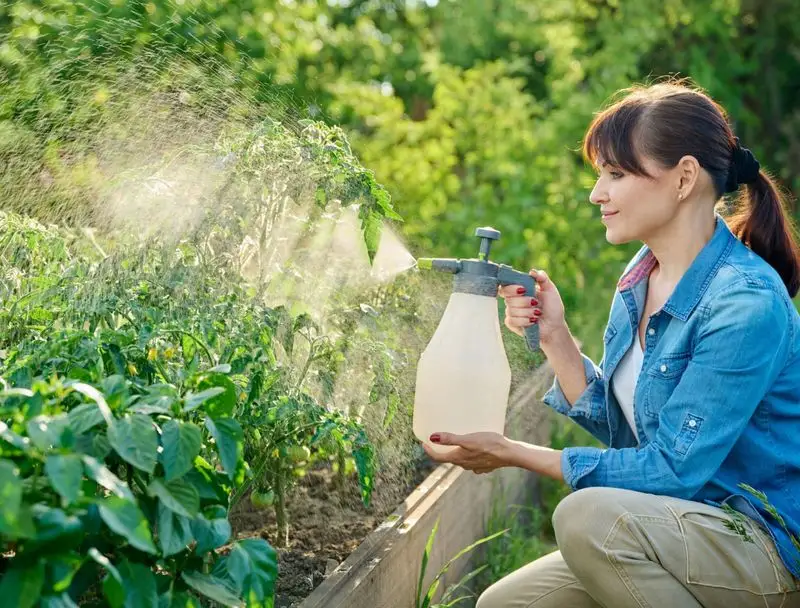
Embrace nature’s helpers to manage pests in your garden. Ladybugs, for instance, feast on aphids, keeping these harmful insects at bay. Introduce beneficial insects or create habitats that attract them, like planting nectar-rich flowers. Diversifying plant species can also confuse and deter pests. Using physical barriers such as nets can protect vulnerable plants without chemicals. By fostering a balanced ecosystem, you can reduce pest problems naturally. This approach not only ensures healthy crops but also supports biodiversity, making your garden a refuge for beneficial organisms.
Soil Testing
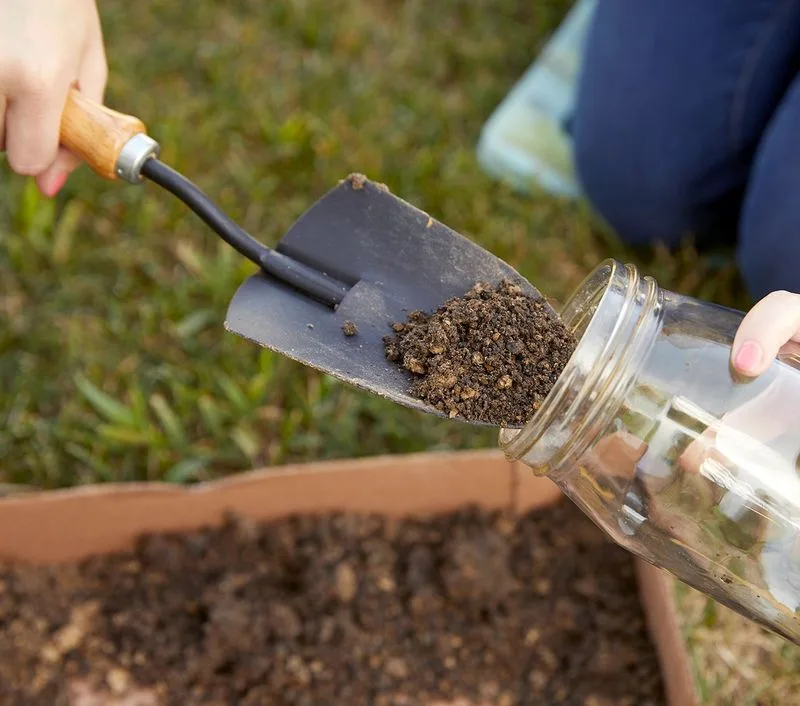
Understanding your soil’s composition is key to successful organic gardening. A simple soil test reveals pH levels and nutrient deficiencies, guiding your amendment choices. Knowing whether your soil leans acidic or alkaline helps in selecting the right plants. Regular testing ensures your garden’s foundation is strong, optimizing conditions for plant growth. Adjusting soil with organic matter or specific nutrients corrects imbalances, leading to healthier crops. This proactive approach prevents problems before they start, setting the stage for a vibrant and productive garden.
Rainwater Harvesting
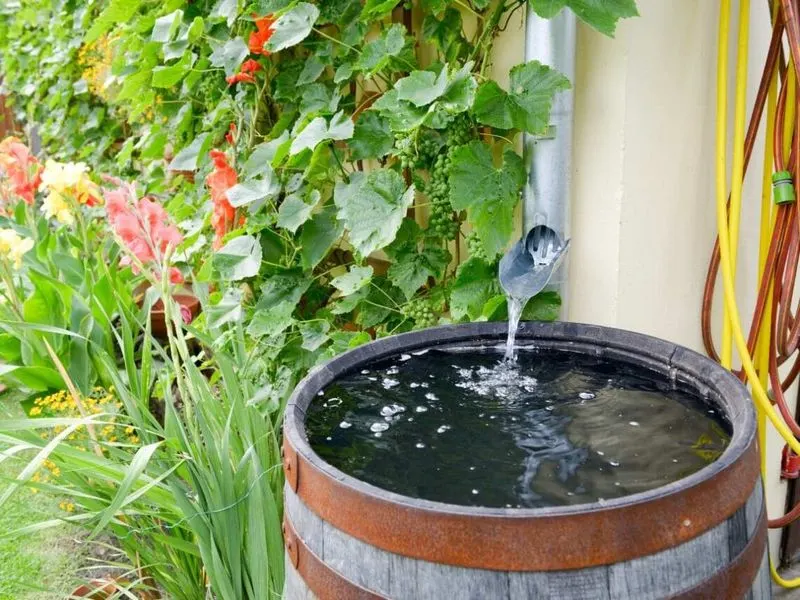
Conserve water by harvesting rain. Collecting rainwater in barrels is an efficient way to water your garden without relying on municipal supplies. This practice not only saves money but also reduces environmental impact. Using rainwater ensures your plants receive pure, chlorine-free hydration, promoting better growth. Position barrels under downspouts for maximum collection and use a watering can or drip system for distribution. Especially beneficial in dry regions, rainwater harvesting is a sustainable practice that supports both your garden and the planet.
Cover Cropping
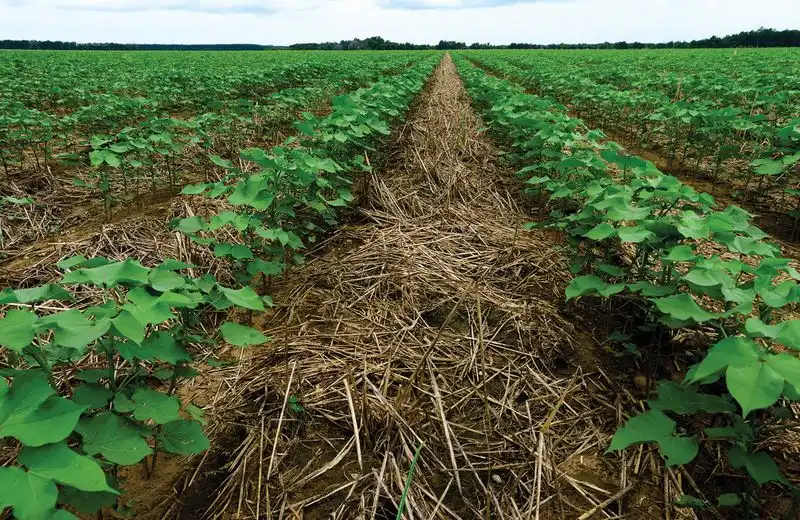
Planting cover crops during the off-season protects and enriches your soil. These crops, such as clover or rye, prevent erosion and improve soil structure by adding organic matter. They also fix nitrogen, enhancing fertility naturally. When tilled back into the soil, they boost nutrient levels, preparing the ground for future crops. Cover cropping is an age-old practice that maintains soil health and fertility. It’s a natural, cost-effective way to ensure your garden remains productive year after year, avoiding the need for chemical fertilizers.
Homemade Fertilizers
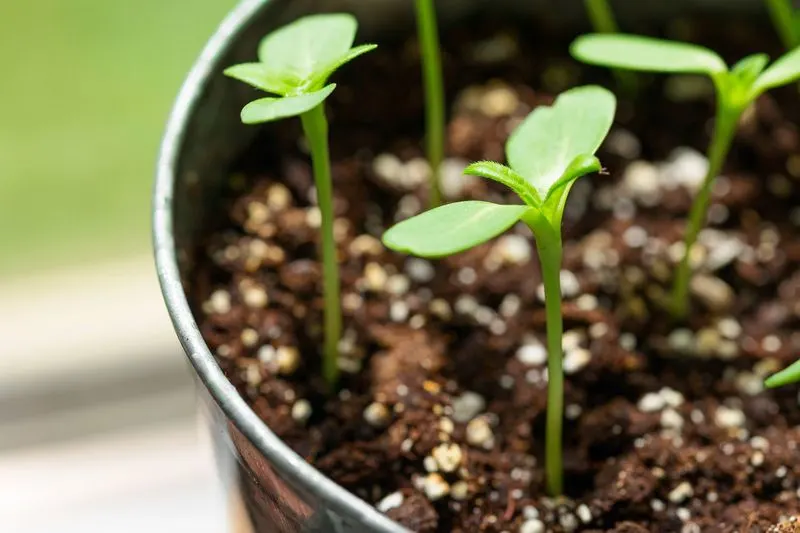
Crafting your fertilizers from household waste is both economical and effective. Ingredients like banana peels, coffee grounds, and eggshells can be repurposed into nutrient-rich amendments. Each offers unique benefits; for example, eggshells add calcium, essential for plant cell growth, while coffee grounds boost soil acidity, ideal for acid-loving plants. By creating your nutrient blends, you gain control over what nourishes your crops, reducing reliance on commercial fertilizers. This personalized approach ensures your garden gets exactly what it needs to flourish, supporting robust and healthy plant development.
Seed Saving
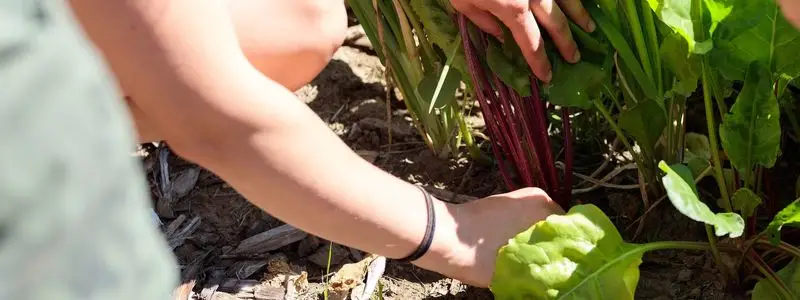
Preserve your best crops by saving seeds for future planting. This method allows gardeners to select plants that thrive in their specific conditions, promoting robust growth over time. Saving seeds from heirloom varieties maintains genetic diversity and heritage. It’s a sustainable practice that reduces dependency on commercial seed suppliers. Store seeds in cool, dry conditions to retain viability. By engaging in seed saving, you become part of a tradition that empowers gardeners to cultivate resilient plants adapted to their environment, contributing to biodiversity and food security.
Beneficial Microorganisms
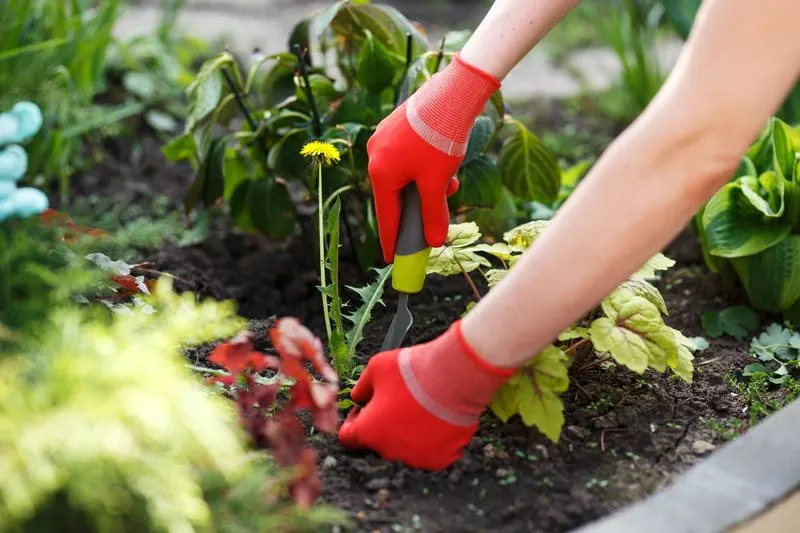
Enrich your soil with beneficial microorganisms to boost plant health. These invisible allies enhance nutrient uptake and improve soil structure. Introducing compost or specific microbial inoculants can increase microbial diversity in your garden. This boosts plant resilience to disease and stress, creating a thriving ecosystem. Healthy soil teeming with life supports vigorous plant growth and improves yields. By fostering a balanced soil microbiome, you create an environment where plants can flourish naturally. This biological approach minimizes the need for chemical interventions, promoting sustainability.
Drip Irrigation
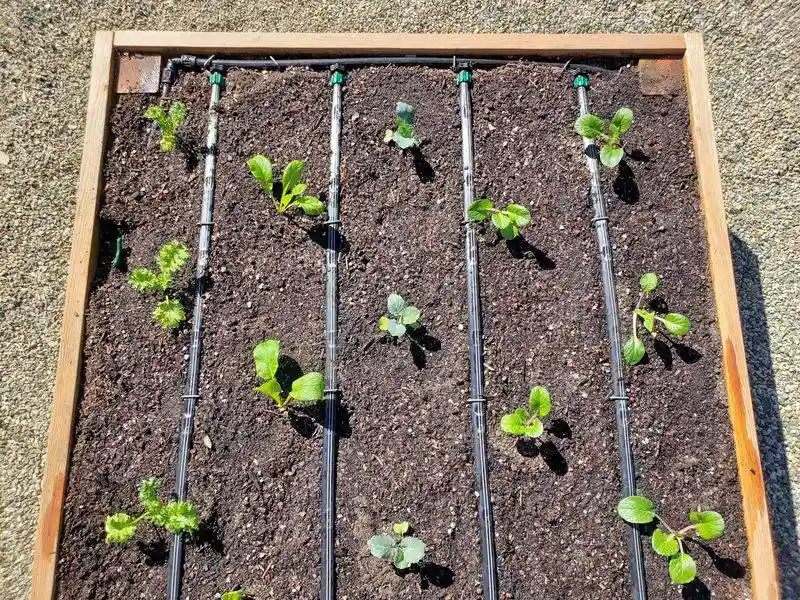
Optimize water usage with drip irrigation, which delivers water directly to plant roots. This system minimizes evaporation, ensuring efficient hydration. It’s an ideal solution for conserving water in dry climates while maintaining lush growth. Drip irrigation is easy to set up and can be customized to suit any garden size. By reducing water waste, it supports sustainable gardening practices. This precise watering method promotes healthy root development and reduces disease risk associated with overhead watering. Embrace this efficient technique to nurture your garden responsibly.
Natural Weed Control
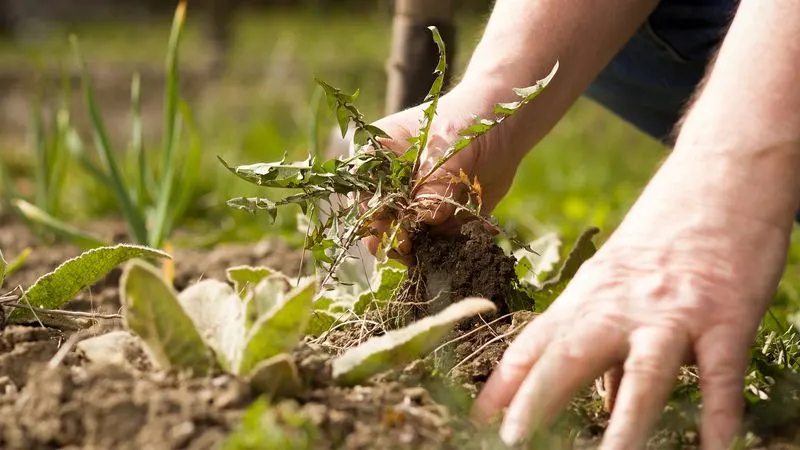
Keep your garden weed-free the natural way by using physical barriers and manual removal. Mulches and ground covers suppress weed growth by blocking sunlight. Hand pulling or using tools ensures weeds are removed by the root, preventing regrowth. This method avoids the need for chemical herbicides, maintaining a healthy garden ecosystem. Regular monitoring and early intervention are key to successful weed management. By dedicating time to natural weed control, you preserve soil health and plant vitality, ensuring a productive and chemical-free garden environment.
Beneficial Insects
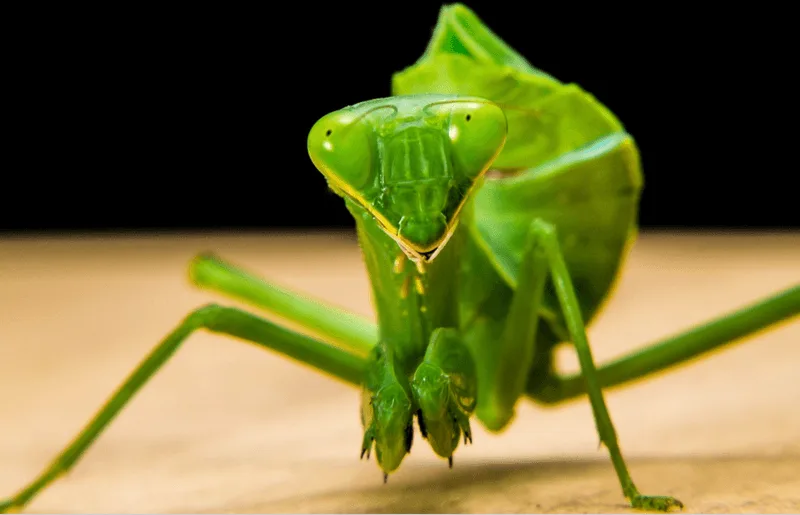
Welcome insects that contribute positively to your garden’s health. Pollinators like bees and butterflies enhance fruit and vegetable production. Predatory insects such as ladybugs and lacewings keep pest populations in check naturally. Creating habitats with diverse plantings and minimal disturbance encourages beneficial insect presence. This approach fosters a balanced ecosystem, reducing the need for chemical interventions. By nurturing these natural allies, you support biodiversity and improve crop yields. Celebrate the role of beneficial insects in maintaining the harmony and productivity of your organic garden.
Vermicomposting
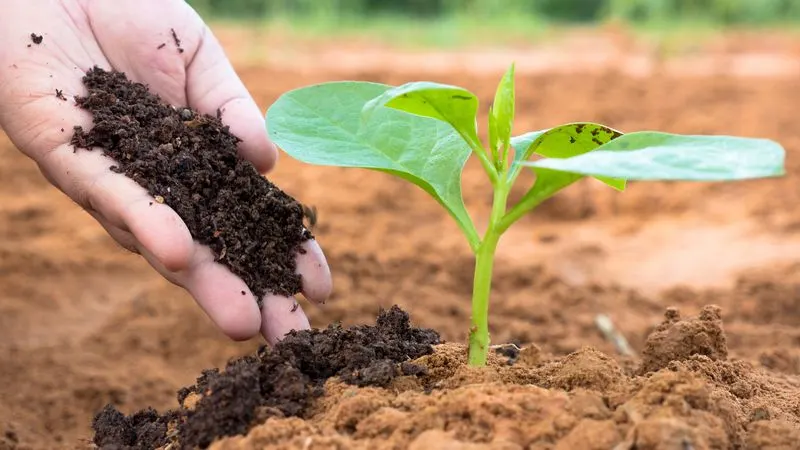
Harness the power of worms to transform organic waste into nutrient-rich compost. Vermicomposting uses worms to break down kitchen scraps efficiently. The result is a highly fertile, humus-rich compost known as worm castings, perfect for enriching soil. This method is compact and odorless, suitable for both indoor and outdoor spaces. By recycling waste through vermicomposting, you reduce landfill contributions and enhance your garden’s productivity. This process supports a closed-loop system, aligning with eco-friendly gardening principles and providing plants with vital nutrients for growth.
Plant Diversity
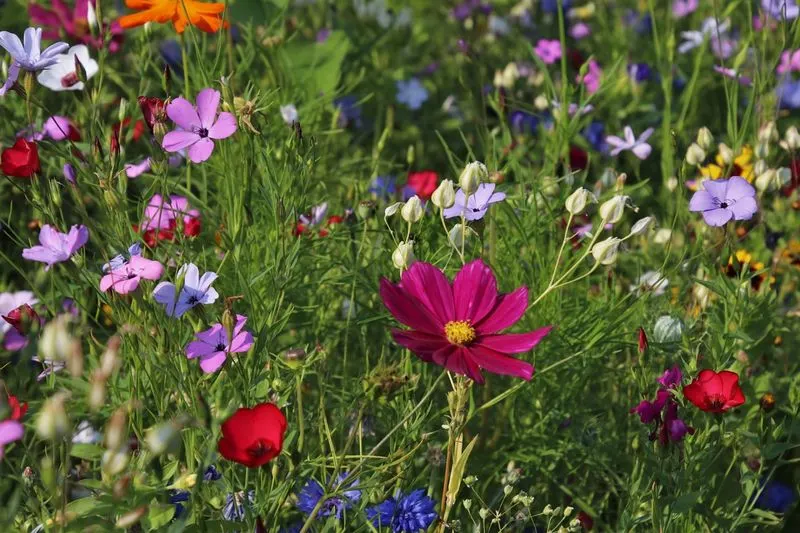
Cultivating a diverse range of plants enhances the resilience and productivity of your garden. Diversity reduces vulnerability to pests and diseases, as different plants attract a variety of beneficial insects and microorganisms. This varied ecosystem supports sustainable gardening practices, minimizing the need for chemical interventions. A mix of plant species enriches soil health and resource efficiency, leading to stronger and more adaptable growth. By embracing plant diversity, you encourage a balanced environment where plants thrive naturally. Celebrate the beauty and benefits of a diverse garden that supports biodiversity.

